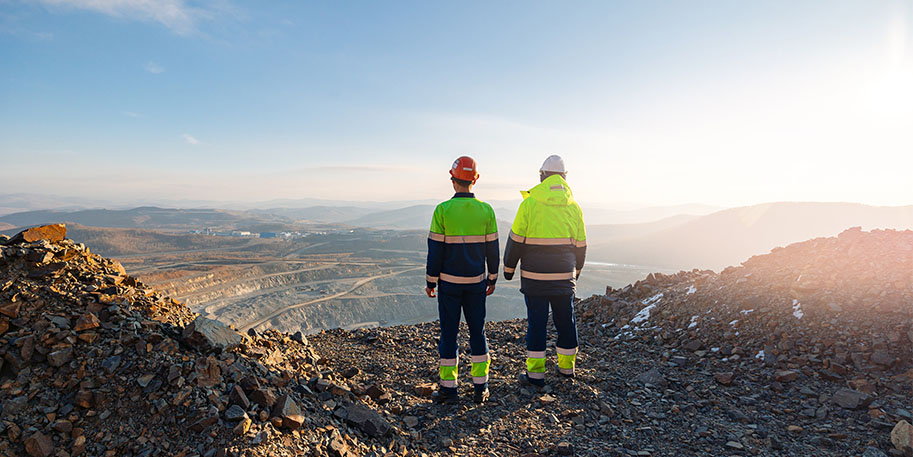Mining Geologists play an important role in the mining industry by locating, evaluating, and helping extract valuable mineral deposits. They combine scientific knowledge with practical field experience to guide mining operations from exploration to production.
What Does a Mining Geologist Do in Exploration Projects?
In the exploration phase, Mining Geologists design and implement exploration programs to discover new mineral deposits. They conduct geological mapping, coordinate drilling programs, and analyse core samples. Using advanced technologies like satellite imagery, geophysical surveys, and 3D modelling software, they identify promising areas for mineral exploration. Their work involves both field activities and data interpretation to determine if discovered deposits are economically viable for development.
How Much Do They Earn?
Mining Geologist salaries vary widely based on experience, location, and industry sector. Entry-level positions typically start at USD 60,000–80,000 annually, while experienced professionals with 10+ years can earn USD 120,000–180,000. Countries with established mining industries like Canada, Australia, and the United States generally offer higher compensation packages. Professionals working in remote locations or high-risk regions often receive additional benefits including hazard pay, housing allowances, and extended leave arrangements.
These more senior-level roles often fall under an executive recruitment function when it comes to finding candidates. To learn more about how to recruit executive level positions, read this article.
What Educational Qualifications Do Mining Geologists Need?
Most Mining Geologists hold a bachelor’s degree in Geology, Earth Sciences, or related fields. Many positions require advanced degrees (Master’s or PhD) for specialised roles or senior positions. Professional registration or licensing is required in some jurisdictions. Beyond formal education, employers value field experience, knowledge of specific deposit types, and familiarity with exploration techniques and mining operations. Continuous professional development is essential as technologies and methodologies evolve.
Day-to-Day Responsibilities
At active mining operations, Mining Geologists:
- Map and sample mine faces to guide daily excavation decisions
- Monitor ore quality and grade control to ensure optimal mineral recovery
- Work with mine planners to develop short and long-term extraction strategies
- Update geological models based on new information from ongoing mining
- Coordinate with drilling teams for resource definition and expansion
- Prepare technical reports for management and regulatory authorities
- Collaborate with metallurgists and mining engineers to address processing challenges
Career Path: From Junior Geologist to Chief Geologist
Career progression typically begins as a Field or Junior Geologist conducting basic mapping and sampling under supervision. With experience, they advance to Project Geologist or Mine Geologist roles with greater responsibility for specific areas. Senior Geologist positions involve project management and team leadership. The path continues to Chief Geologist or Exploration Manager overseeing multiple projects or entire geological departments. Many experienced geologists also move into consulting roles or technical specialist positions focusing on specific deposit types or methodologies.
If you’re on this career path, you might be curious to learn about what some of the challenges are with Executive Recruitment.
How New Technologies Are Changing their Role
The profession is evolving fast with technological advancements. Today’s Mining Geologists increasingly use drone surveys, machine learning algorithms for data interpretation, real-time monitoring systems, and sophisticated 3D modelling software. Digitisation has reduced time spent on manual data collection while emphasising skills in data analysis, interpretation, and integration. Environmental monitoring and sustainability practices have also become important aspects of the modern Mining Geologist’s responsibilities.

